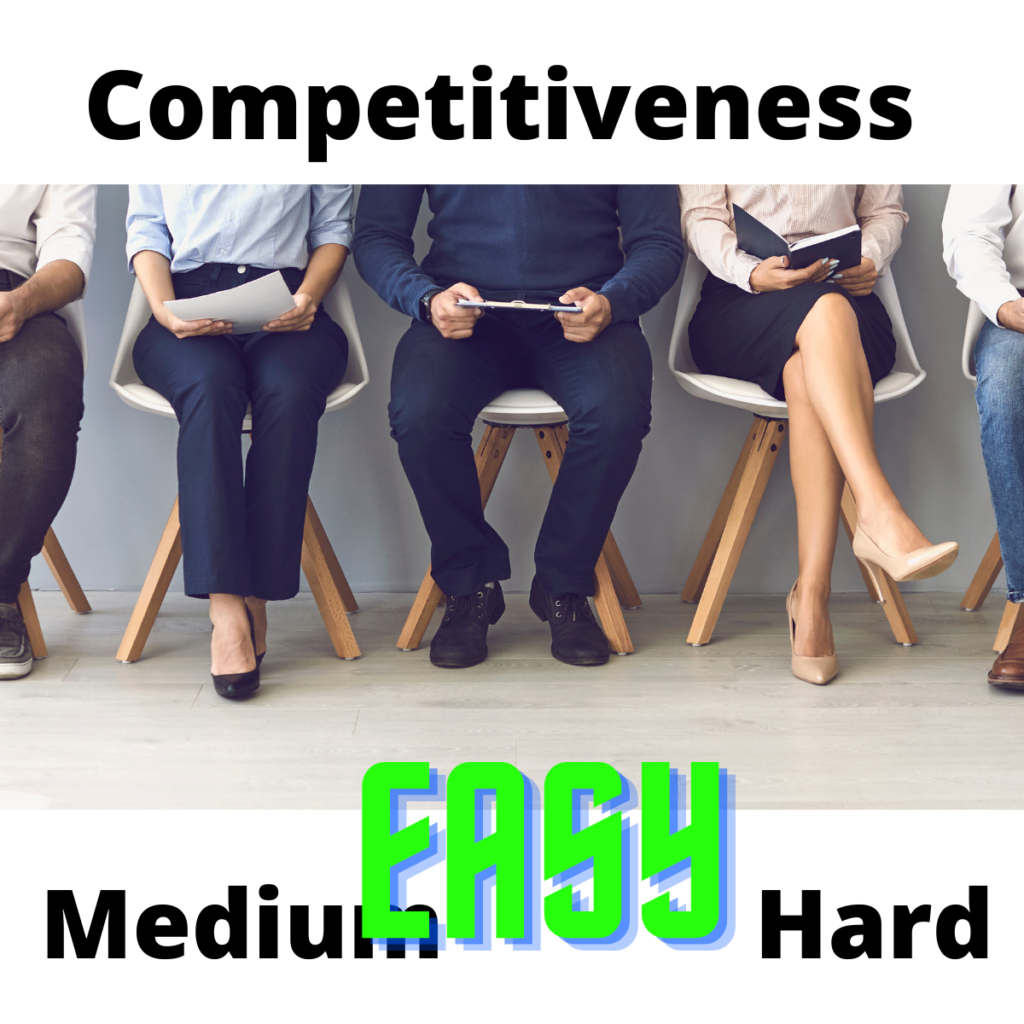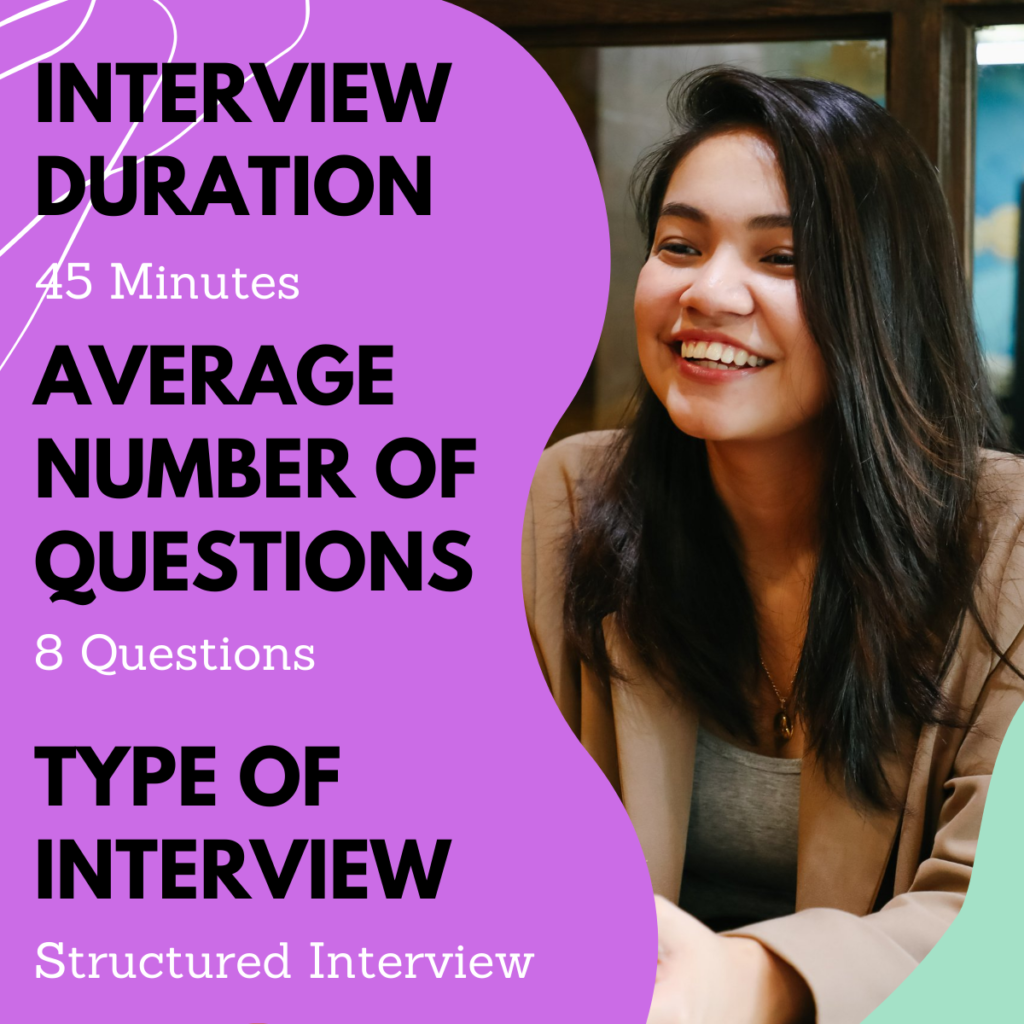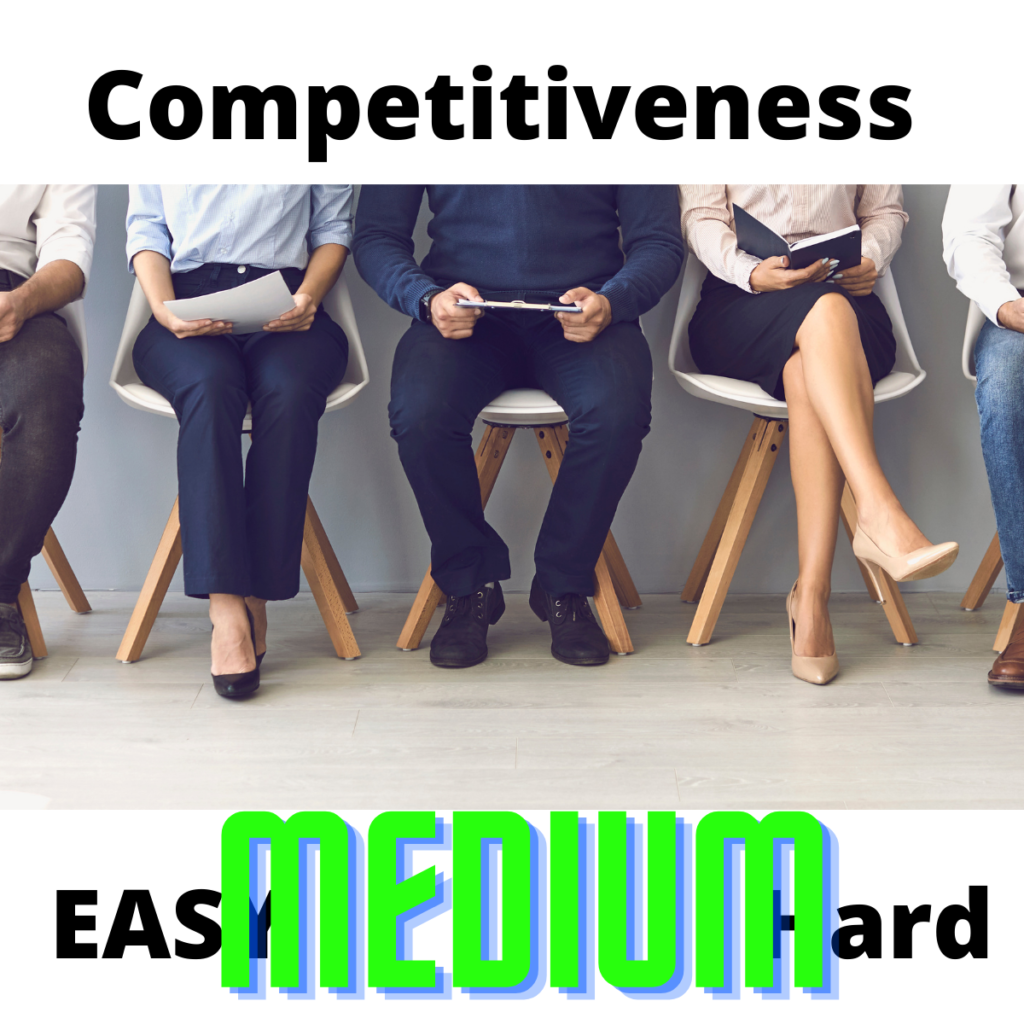The book Thinking, Fast and Slow by Daniel Kahneman explores two primary modes of thinking that shape human judgment and decision-making.
An overview of the key theories and concepts:
1. System 1 and System 2 Thinking
- System 1 is the fast, automatic, and intuitive way of thinking. It’s fast, effortless, and often operates below our conscious awareness. This system is responsible for making quick judgments and decisions based on heuristics or mental shortcuts. It’s also highly influenced by emotions and experience.
- System 2, on the other hand, is slower, more deliberate, and requires conscious effort. It’s responsible for more complex reasoning, logic, and decision-making that requires effortful thought. System 2 thinking comes into play when we need to solve puzzles, make thoughtful decisions, or engage in tasks that require focus and concentration.
The book argues that while System 1 is efficient and often effective, it can also lead to biases and errors in judgment because it relies on heuristics (mental shortcuts) that can be flawed. System 2, although slower and more resource-intensive, is better for making reasoned decisions.
The central theme of Thinking, Fast and Slow is that our thinking is a blend of intuitive, automatic judgments (System 1) and deliberate, effortful reasoning (System 2).
Kahneman emphasizes how understanding the interplay between these systems can improve decision-making and help people become more aware of the biases that affect their choices.
His work highlights the importance of recognizing these biases in both personal and professional life and encourages more reflective, slower thinking to mitigate errors.

How the Book Thinking, Fast and Slow Can Be Applied in a Job Interview
Job interviews are high-stakes events where candidates are assessed on their skills, experience, and ability to fit within an organization.
However, the decision-making process in an interview is influenced not just by the qualifications of the candidates, and their interview answers, but also by cognitive biases and the ways in which both the interviewer and the candidate process information.
Daniel Kahneman’s Thinking, Fast and Slow provides key insights into the mental processes behind these judgments. By understanding these concepts, candidates and interviewers alike can improve their decision-making and interview performance.
Here’s how the theories from Thinking, Fast and Slow can be applied during a job interview:
System 1 and System 2 Thinking in the Interview Process
System 1 (Fast Thinking): This is the intuitive, automatic, and subconscious system. In an interview, both the interviewer and the candidate might rely on System 1 to make snap judgments. Interviewers may form quick impressions of candidates based on initial cues such as appearance, tone of voice, or body language. Candidates might respond instinctively to questions without fully thinking through their answers. While these instinctive impressions can be helpful for gauging chemistry or comfort, they can also lead to mistakes. A candidate who appears nervous might be unfairly judged as unqualified, or a strong first impression might cloud an interviewer’s judgment later on.
System 2 (Slow Thinking): This system involves more deliberate, analytical, and effortful thought. When interviewers engage System 2 thinking, they are more likely to focus on the content of the candidate’s answers, the relevance of their experience, and their critical thinking skills. As a candidate, it’s essential to engage System 2 to think carefully about each question, avoiding knee-jerk responses and taking a moment to consider the best way to convey your strengths.
Tip for Candidates: When answering questions, try to slow down and resist the urge to immediately answer from instinct. Take a few seconds to think through your response logically to avoid relying too heavily on your first instinct.
Tip for Interviewers: Be mindful of your initial impressions. To combat the bias of System 1, take notes and refer to specific examples or skills mentioned in the interview, instead of letting the initial impression guide the entire evaluation.
Heuristics and Biases
Kahneman highlights that people often rely on mental shortcuts, known as heuristics, when making decisions. These heuristics are not always rational and can lead to biased decisions. In a job interview, several heuristics can come into play:
- Anchoring Effect: Interviewers may be influenced by an early piece of information, such as a candidate’s educational background or an initial response. For example, if a candidate mentions having graduated from a prestigious university early in the interview, this could anchor the interviewer’s perception of their capabilities, regardless of the candidate’s actual performance.
- Availability Heuristic: If an interviewer has recently hired a candidate with a particular skill set, they may overweight the importance of that skill in future hiring decisions, even if other candidates are more qualified.
- Representativeness Heuristic: Interviewers may judge a candidate based on how closely their traits match those of an “ideal” employee, which could lead them to overlook the diversity of skills that other candidates bring to the table.
Tip for Candidates: Be aware that interviewers may be unconsciously influenced by these heuristics. Don’t assume that a single detail or part of your resume is what’s driving the interviewer’s decision. It’s important to highlight a range of your skills and achievements throughout the interview to avoid being pigeonholed by a single characteristic.
Tip for Interviewers: Counteract heuristics using a structured interview and a consistent evaluation framework. Focus on specific skills and accomplishments, rather than first impressions or stereotypes.
Prospect Theory and Risk Aversion
Prospect Theory, as outlined by Kahneman, suggests that people are loss averse—they feel the pain of losses more acutely than the pleasure of gains. This can influence how both candidates and interviewers approach the interview process.
- For the Candidate: If a candidate is asked to discuss a previous failure, they may be reluctant to admit mistakes because they fear the “loss” of their chance at the job. However, framing failures as learning experiences and showing how they led to growth can demonstrate resilience and maturity.
- For the Interviewer: Interviewers might also display risk aversion. If they’re unsure about a candidate, they may be more likely to reject them out of fear that the potential “loss” (hiring the wrong person) outweighs the potential “gain” (finding a great hire). This could lead interviewers to rely on safer, more familiar choices.
Tip for Candidates: Emphasize your learning process from past mistakes and show how overcoming challenges makes you more capable. Acknowledge that setbacks are a natural part of growth.
Tip for Interviewers: Focus on a candidate’s ability to learn and adapt rather than simply looking for perfection. Acknowledge that taking calculated risks can lead to rewarding hires.

Loss Aversion and the Interviewer’s Decision-Making
Loss aversion also plays a role in how interviewers make decisions. They may tend to overvalue candidates who seem to fit the mold perfectly and hesitate to hire someone who doesn’t fit exactly into the desired profile. This bias can cause interviewers to focus on avoiding losses rather than gaining the best possible hire.
Tip for Interviewers: Focus on the potential benefits of a candidate’s unique strengths, even if they don’t meet every single criterion. Resist the urge to dismiss candidates because of minor mismatches.
Cognitive Ease and Cognitive Strain
Kahneman’s idea of cognitive ease and cognitive strain can influence both the interviewee’s performance and the interviewer’s judgment.
- For the Candidate: If you’re able to present your qualifications in a clear, straightforward manner, it will create cognitive ease for the interviewer, allowing them to process your information quickly and form a favorable judgment. On the other hand, if your answers are convoluted or difficult to follow, it can create cognitive strain and may lead to a less favorable impression.
- For the Interviewer: If the interviewer experiences cognitive ease when speaking with a candidate—if the conversation flows smoothly—they might form a positive impression of the candidate’s competence and fit. However, cognitive strain might cause the interviewer to become more critical or overly cautious in their decision-making.
Tip for Candidates: Be clear and concise in your answers, and organize your thoughts before speaking. This will help reduce cognitive strain for the interviewer and improve the clarity of your responses.
Tip for Interviewers: Try to remain aware of the ease or difficulty in understanding a candidate’s responses. Recognize that cognitive strain can sometimes be a result of the interview format, and not necessarily the candidate’s qualifications.

The Planning Fallacy and Interview Preparation
The Planning Fallacy refers to the tendency to underestimate the time and resources required to complete a task. For candidates, this might manifest in overconfidence when preparing for an interview, believing that they don’t need to spend much time practicing or researching the company. Conversely, interviewers might underestimate how long the interview process will take, leading to rushed decisions or incomplete evaluations.
Tip for Candidates: Avoid the planning fallacy by adequately preparing for the interview—research the company, practice your responses, and anticipate potential questions. Proper preparation will help you avoid underestimating the challenges of the interview process.
Tip for Interviewers: Allow enough time in the interview schedule to fully evaluate the candidate’s fit. Rushed decisions are often poor decisions.
Conclusion
Incorporating insights from Kahneman’s Thinking, Fast and Slow into job interviews can help both candidates and interviewers make more informed, less biased decisions.
Candidates should be aware of how cognitive biases and heuristics can influence their performance and strive to engage in more deliberate, System 2 thinking. Interviewers, on the other hand, should recognize their own biases and take steps to create a fairer, more thoughtful evaluation process. By understanding and applying these theories, both parties can improve their chances of a successful, rational outcome
Need help? Book an interview coaching session.

















